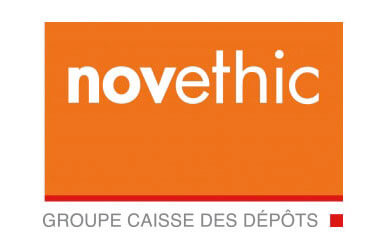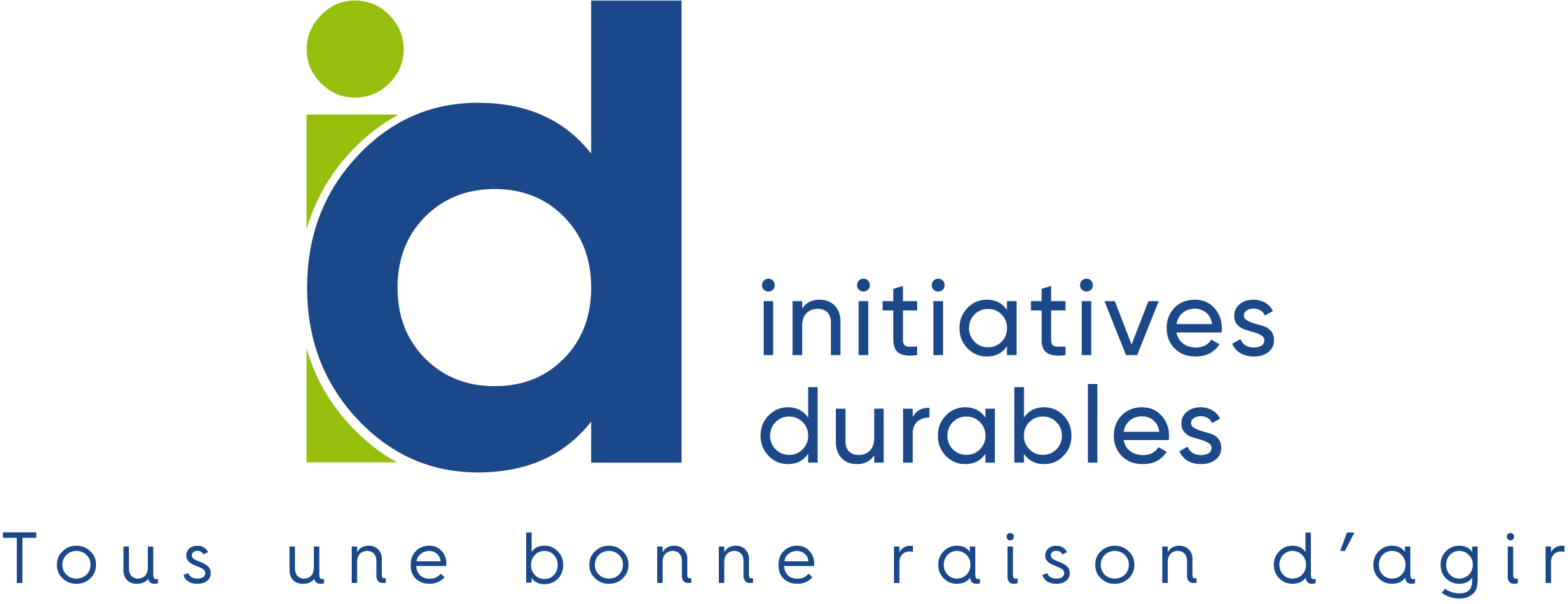A small enterprise located at Saint Omer (62), Cap Semences is a ‘‘seed sorter’‘. The enterprise visits agricultural operations with its 5 mobile stations, which are like mini-factories to sort, clean, calibrate and process seeds. These seeds come from the previous summer harvest and are made ready for replanting in autumn. This allows the farmer to seed on the same land the fruits of the last harvest rather than buy new seeds from the seed industry. This is what is called “seeding on the farm”, which represents 50% of the French market. Since this activity is seasonal, the director of Cap Semences has decided to mutualize its means with 2 other enterprises.
COM_NEOBESTPRACTICES_ITEM_INNOVATION_REV3
CAP SEMENCES maintains employment via mutualization
1. Organizational Governance
Strategy and organization

Transmitter


Context
Objectives
- Maintain a loyal and trained seasonal workforce by providing the latter with steady work throughout the year
- Keep the enterprises active in the rural environment through mutualization
- Enable exchange of skills between the enterprises and sharing of common projects
APPROACH
In order to ensure the continuity its activity and its jobs, Cap Semences proposed to two other enterprises with which it shared common values to set up operations at its site: • Maison Debarge, trader/exporter of potatoes• BPS Appro, distributor of fodder seeds Phases:1/ In 2005, Cap Semences was created following the merger between Pouchain Triage (located at St Omer) and Bourdon Triage (located at St Pol-sur-Ternoise). Subsequently, Cap Semences acquired three fodder-seed companies. 2/ In 2006, these three enterprises were transferred to a third-party entity (the sales force of the enterprise) and were merged to become BPS Appro. During this transfer, Cap Semences and BPS Appro kept the ambition to share means and hire employees in common. 3/ In 2009, ‘‘Maison Debarge’‘ arrived at the site. A manager was hired jointly with Cap Semences. The 3 small enterprises share the same work site and share costs as well as employees. Despite the seasonality of the activity (3 months between the harvest and the new seeding), the mutualization allowed the companies to offer full-time positions with open-ended contracts (CDI) to two young people under 30 years old, including one who was hired as a manager. These employees split their time between the different entities and benefit from a great deal of autonomy and responsibility: BPS Appro and Cap Semences share one employee 30/60; Maison Debarge and Cap Semences share 50/50 the employee hired as a manager. 4/ In 2011, creation of AB Cap Plants in partnership with ABCDE Environnement (Nancy – 54), another enterprise that shares these same values. 5/ In 2012, acquisition of a site by 2 of the 3 enterprises, which would become ‘‘Espace Agriter’‘ for the creation of new companies. Thanks to their complementary activities, which do not compete with one another, this collaboration between small enterprises has also allowed them to detect the needs of their customers, to share contracts between companies, to build relationships between enterprise directors through the sharing of experience and dialogue.
CONTRIBUTION TO COMPANY PERFORMANCE
On 6 years between 2005 and 2011:
- Revenues x 2
- Current revenues x 5
- Doubling of client portfolio
- Machinery increased from 3 to 5 trucks
- Increase from 5 tons per hour to 10 tons per hour
Benefits
Sustainability of employment:
- 2 CDI contracts (young people under 30 years old)
- 1 employment maintained
- 1 employment of reinsertion underway
- 1 new hire for 2012
- A loyal, autonomous, seasonal workforce
- Assistance to people in difficulty
- Sharing of projects and clients between directors
- Workforce
- 4 CDI +8 sainsonniers
- Country
- France
Contact
Sylvain DUCROQUET, Gérant - This email address is being protected from spambots. You need JavaScript enabled to view it.

















